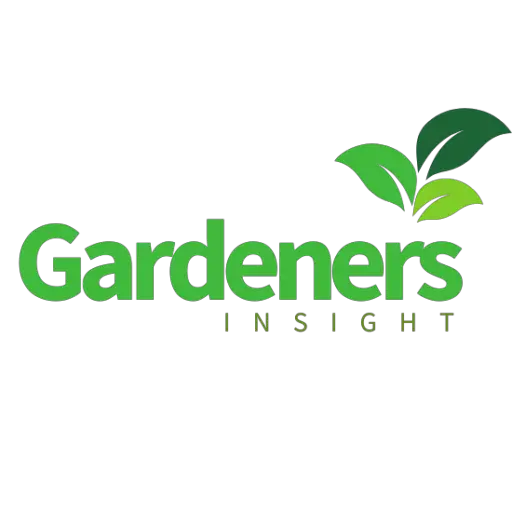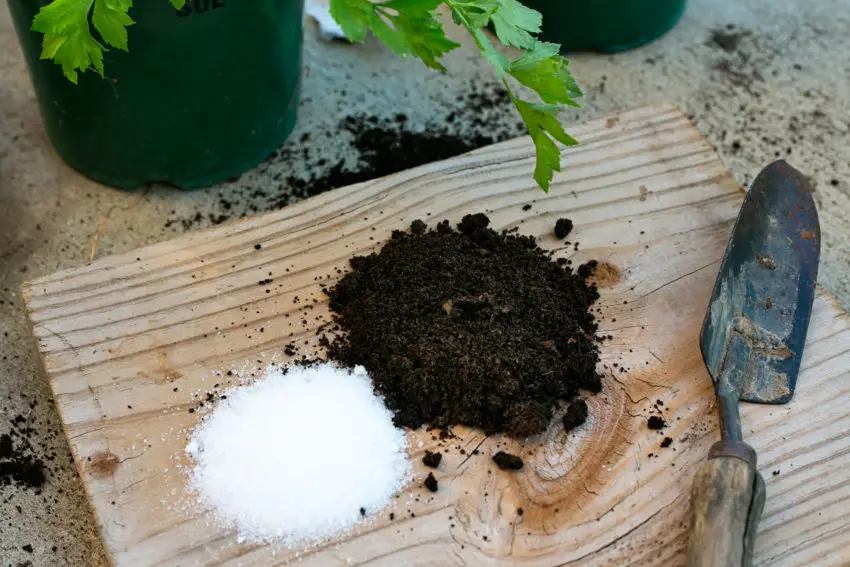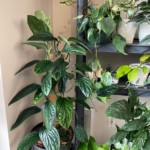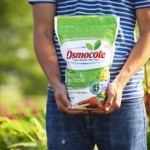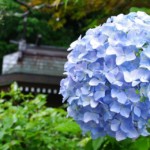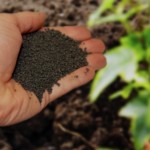In the world of gardening and plant care, finding the perfect balance of nutrients and additives can make all the difference in cultivating a thriving and vibrant garden. Epsom salt, a widely-used household remedy, has garnered attention for its potential benefits for plants. However, not all plants are fond of this popular solution. In this comprehensive guide, we delve into the fascinating relationship between plants and Epsom salt, uncovering the truth about what plants truly don’t like when it comes to this household staple.

The Science Behind Epsom Salt
Before we explore the specifics of plants’ preferences, let’s grasp the science behind Epsom salt. Chemically known as magnesium sulfate, Epsom salt is composed of magnesium, sulfur, and oxygen. These elements play crucial roles in plant growth, making Epsom salt a potential supplement for soil enrichment.
The Epsom Salt Myth
There is a common misconception that Epsom salt is a one-size-fits-all solution for plant health. Many gardening enthusiasts believe that a sprinkle of Epsom salt around their plants can work wonders, leading to bigger blooms and lusher foliage. While it’s true that magnesium and sulfur are essential nutrients for plants, the reality is more nuanced.
Plants That Thrive on Epsom Salt
Some plants do benefit from the application of Epsom salt. These typically include magnesium-loving plants such as tomatoes, peppers, and roses. Epsom salt can aid in chlorophyll production, photosynthesis, and the overall improvement of fruit quality. So, for these plants, Epsom salt can be a helpful tool when used in moderation and under specific circumstances.
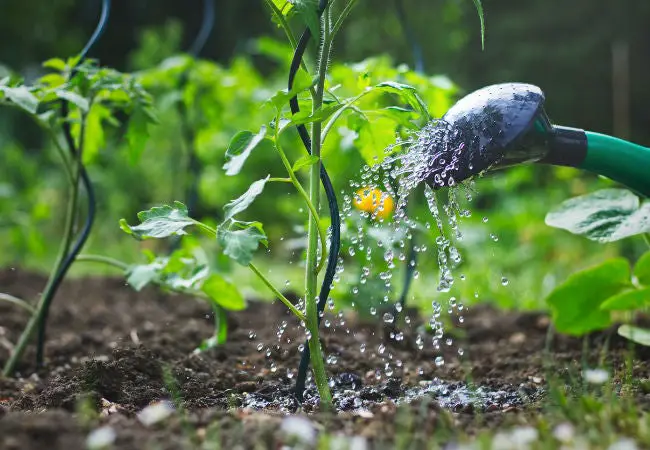
When Epsom Salt Might Not Be Welcome
Contrary to popular belief, not all plants respond positively to Epsom salt. It’s important for gardeners to understand that the application of this salt can alter soil pH levels, potentially leading to unfavorable conditions for certain plants. Acid-loving plants like blueberries, azaleas, and rhododendrons may suffer if exposed to excessive amounts of Epsom salt, as it can raise the soil’s pH and inhibit nutrient uptake.
Signs of Epsom Salt Overload
One of the keys to successful gardening is closely monitoring your plants for signs of distress. When it comes to Epsom salt, an excess application might manifest in symptoms such as yellowing leaves, stunted growth, or even nutrient deficiencies. It’s essential to strike a balance and provide your plants with the right nutrients in the right proportions.
The Art of Epsom Salt Application
For those plants that do benefit from Epsom salt, proper application is crucial. Diluting Epsom salt in water and using it as a foliar spray can be an effective way to deliver the nutrients directly to the plants. Alternatively, incorporating a small amount of Epsom salt into the soil during planting or as a side-dressing can ensure a controlled and measured approach.
Embracing Plant Diversity
A thriving garden is often characterized by its diversity. Different plants have distinct needs and preferences, and understanding these variations is key to achieving gardening success. Instead of relying solely on Epsom salt as a universal remedy, gardeners should consider a holistic approach that takes into account the unique requirements of each plant species.
Frequently Asked Questions (FAQ)
Q1: Can I use Epsom salt on all my plants?
A1: While some plants benefit from Epsom salt, not all plants are suitable for its application. It’s important to research and understand your specific plant’s preferences before using Epsom salt.
Q2: How often should I apply Epsom salt to my garden?
A2: The frequency of Epsom salt application depends on the type of plants you have and the specific needs of your soil. Moderation is key, as excessive use can lead to negative effects.
Q3: Can Epsom salt replace other fertilizers?
A3: Epsom salt should not be considered a replacement for a balanced fertilizer regimen. It can be a supplement, but other nutrients should also be provided to ensure comprehensive plant health.
Q4: Is there a risk of overusing Epsom salt?
A4: Yes, overuse of Epsom salt can lead to soil imbalances and harm certain plants. Always follow recommended guidelines and monitor your plants for any signs of distress.
Q5: Can I use Epsom salt to correct nutrient deficiencies?
A5: Epsom salt can help address magnesium and sulfur deficiencies in plants, but it’s important to diagnose the specific deficiency accurately before application.
Conclusion
In the quest for a bountiful and beautiful garden, Epsom salt emerges as a valuable tool, but not without its limitations. While some plants stand to benefit from its application, others may experience adverse effects. The key lies in a nuanced understanding of each plant’s individual needs and responding accordingly. As responsible gardeners, we must approach Epsom salt with caution and mindfulness, using it as part of a broader strategy to create an environment where all plants can truly thrive.
